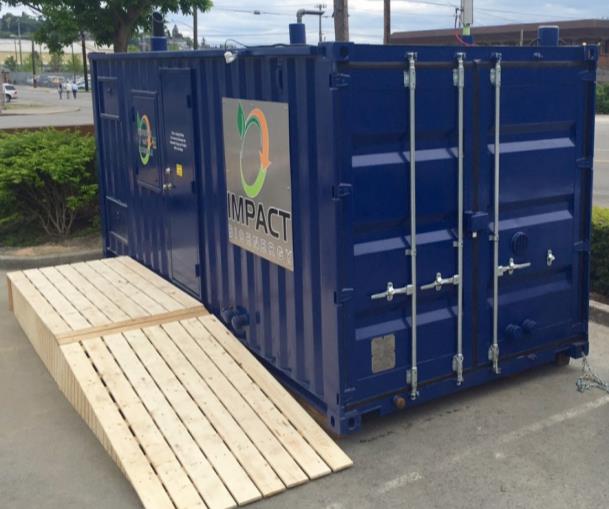
Year:
Amount Awarded:
$35,000
Potential Funding Reductions:
If this Phase II does not receive the full $35,000, we will still pursue additional funding to complete this UDFB project.
SECURED FUNDS
Anonymous Donation = $50,000
Seattle Public Utilities Waste-Free Communities Grant = $15,000
- Total Secured Funds (May, 2018) = $65,000
WAITING DECISION
Boeing Employee Community Fund (ECF)
- UDFB submitted this grant in November, 2017 and moved to Round 2 reviews, which involve a site visit. ECF will make their funding decisions by late June, 2018.
o Sub-total: $40,000
Campus Sustainability Fund
- Phase 1: $10,000 (funded, but need approval to use for UDFB project)
- Phase 2: $35,000
o Sub-total: $45,000
PLANNING TO SUBMIT
Neighborhood Matching Fund (NMF) = $50,000-100,000
- We are planning to submit a grant to the Neighborhood Matching Fund (NMF). NMF is a City of Seattle fund that offers up to $100,000 in matching funds if all other project funding has been secured. How much we apply for will depend on which of the following scenarios we face (given $65,000 in secured funding for each scenario):
- CSF Grant + ECF = $150,000 in secured funding, apply for $60,000
- CSF Grant = $110,00 in secured funding, apply for $100,000
- ECF = $105,000 in secured funding, apply for $100,000
- Neither CSF nor ECF = $65,000 in secured funding (cannot apply for NMF because do not have all other necessary funding)
- UDFB has already secured $65,000 in funding, and these are the possible scenarios we face towards reaching our total project budget of $210,000. UDFB previously applied for an NMF grant in November, 2017, but did not receive the award because not all other project funding had been secured at that time. In order to apply for an NMF grant, all other project funding MUST be secured.
Thank you for your time and consideration!
Project Longevity:
This project will be maintained by UDFB staff. UDFB will employ 1-2 part-time staff members to maintain the digester (e.g. monitor temperature, pH, etc.). UDFB will have ongoing funding for these positions because they will be spending less money on hauling away food waste and saving money on electricity.
The academic partnership between UW-UDFB would continue in the long-run because of the MOU that would be signed by Professor Gough and Professor Brown. As the digester project gains more attention at UW, more faculty will hopefully incorporate the digester into their curriculum and more RSOs will include the digester in their outreach activities.
Project status:
Active: Planning phase